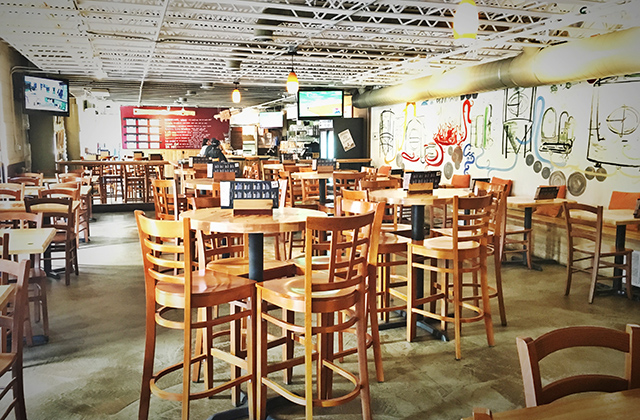
As many newer breweries open and succeed without leaving their own walls, some veteran breweries have stood up and taken notice.
Twisted Pine Brewing is making such a decision after a year’s worth of work to set it up. The Boulder, Colorado brewery, which is nearing its 21st anniversary, has announced that it will stop distribution and focus solely on its brewpub.
That means a loss of production output and sales staff outside the brewery, but gains in on-site retail, out-the-door sales and in-house employees.
“When you don’t have to focus on packaging as much “Billy’s Chilies” (its popular Chile Ale) as you possibly can, building relationships with distributors, accounts and customers across the country, managing refrigerated freight and keeping inventories stocked and fresh thousands of miles away, it really frees production staff up to do what they do best: brew great beer,” Twisted Pine’s Amy Russell told Brewer Magazine. “Removing the stress of wholesaling and allowing our team to have more creativity and less formality has brought enhanced excitement to our 24 taps and mouth-watering enticement to our customers’ palates.”
Profit margins can also be more enticing for a brewpub or taproom to go “all-in” compared to the expenses of production and distribution with less monetary gain.
Head brewer Kay Witkiewicz posted his thoughts on the company’s blog on June 7 and called the decision “life-changing” and added that the brewery is shedding shackles of distribution.
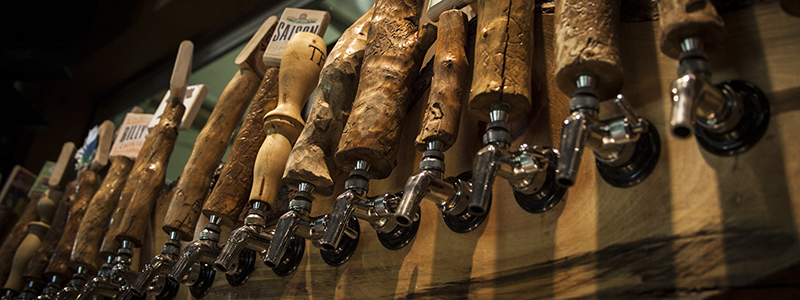
“Focusing solely on supplying our 24-tap alehouse is a dream come true because instead of packaging our core products, we are planning new recipes for our ever-rotating specialty taps,” he said. “Furthermore, by serving every drop of our beer across the bar instead of in liquor stores near and far, we are able to ensure that our patrons are enjoying our beer the way we as brewers intended—fresh, unique, and of top quality.
“We’re proud of all the beers we brew, but distribution has a way of eroding that aspect of brewing as well,” he added later in the post.
It’s a bold move that could become a trendsetter for many mid-sized breweries that may feel a squeeze trying to find shelf space outside of its region or even city. Fellow Colorado brewery Wynkoop Brewing announced later in June it also would be suspending distribution operations.
Russell said that as Twisted Pine grew, it lost focus. At one point, the brewery’s beers were reported to be in 13 states and it worked to shrink that down to four to help set up notice of the brewery to vacate its marketplace share.
“As both retail and wholesale continued to develop, we found the ale house operation to be an incubator for its local community, a driver for nonprofit support and engagement and a great place to grab a pint at the end of the day,” Russell said. “Meanwhile, we were fighting all the time to maintain product quality and brand identity on a beer shelf a few thousand miles away. The decision was simple, we wanted to focus on what we do best and what we love to do: work hand-in-hand with our community.”
Russell said that full-time employee numbers will remain the same. Where it could reallocate people it certainly tried, but there was employee loss on the sales end of business, but she added it will be off-set by growth on the retail side of the operation.
Production is expected to be cut nearly in half at the start, from a reported 6,000 barrels last year to around 3,000 this year.
“It made more sense for Twisted Pine to grow its local operations, because that’s what the company has always been as its core: local-centric and true to its roots,” Russell said.
The only place outside the alehouse that will serve Twisted Pine on draft will be about 25 miles west of the brewery at the Sundance Café in Nederland, one of Twisted Pine’s very first customers.
“While it was more difficult to manage the news for people living outside the state who had become accustomed to drinking Twisted Pine, for the most part the news has been positively received,” Russell said, indicating that Witkiewicz’s blog may have helped soften the blow.
Russell pointed out that growler, howler and keg sales will certainly increase on-site and that the brewery will continue to bottle and sell from the brewpub.

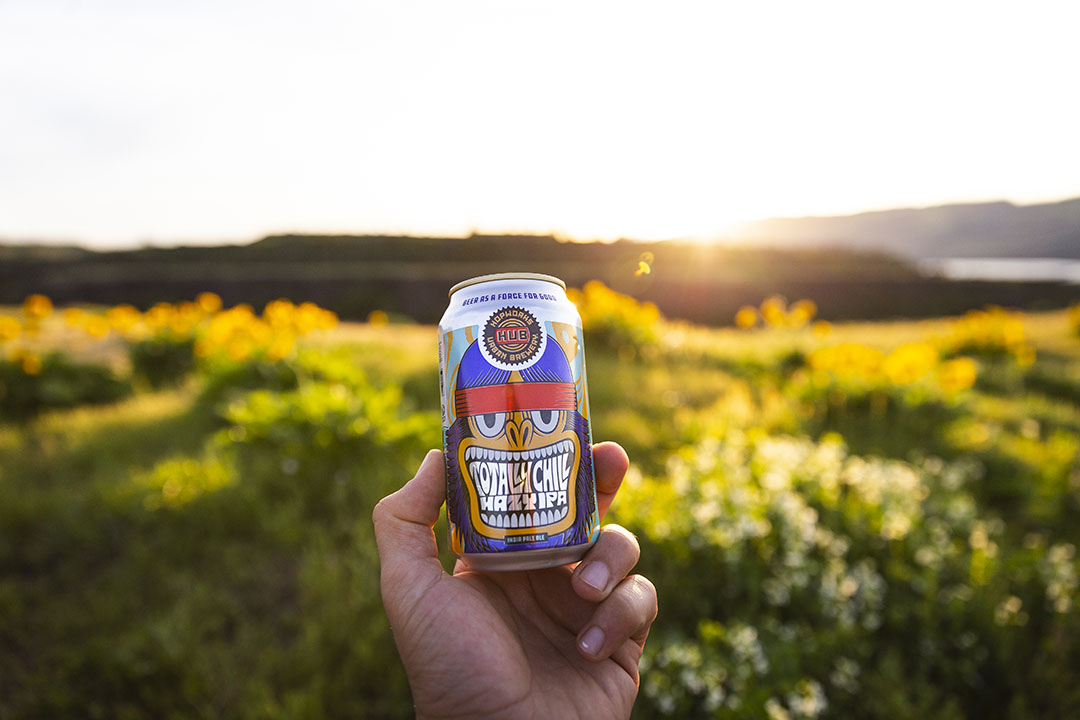
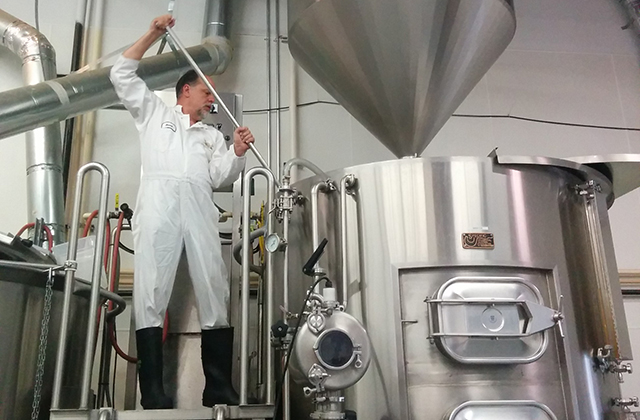
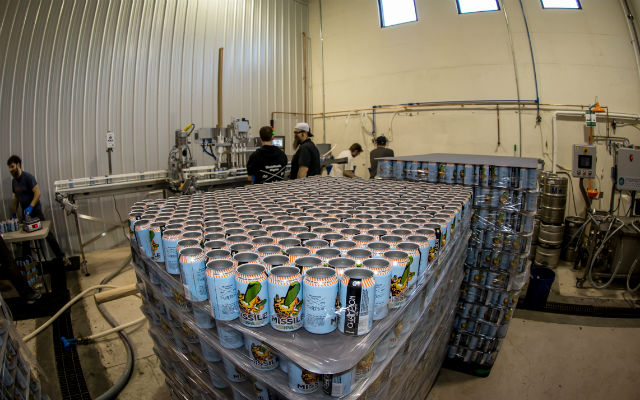
Be the first to comment